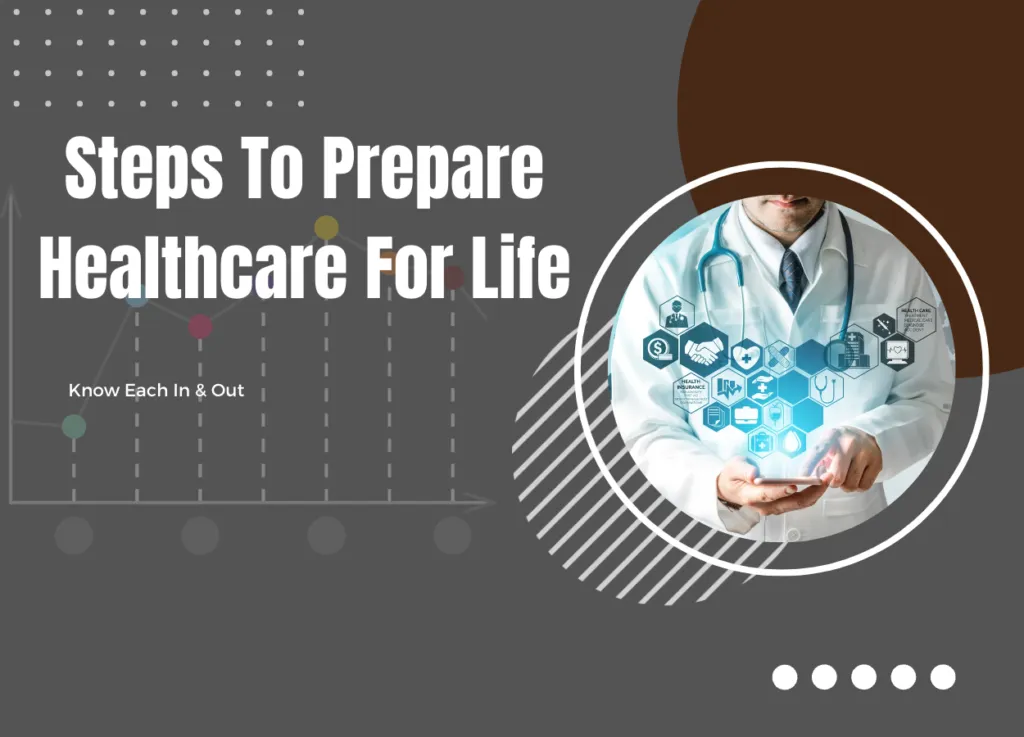Everybody needs medical help at some stage of their life; for people living with disability, medical help is often needed every single day, whether it be prescriptions, doctor’s visits and advice, or regular hospital care.
As such, there is a logistical and financial burden placed on people living with disability, which one study published by PLOS Global Public Health estimates will cost the average householddouble the normal national GDP per capita.
The reasons for this are many factors, from the nature of the condition itself to the restrictions on activitiesthat help peers to enjoy better health and quality of life. Planning, as such, is key.
Staying up with Medicaid
Medicaid and Medicare offeressential help for people living with disabilities. The former is for people of all ages who require medical support; the latter people over 65, or some younger people with disabilities under that age.
They are essential programs, and even a slight improvement in income provision can help to bring resilience to otherwise strained finances.
Unfortunately, Medicare and Medicaid continue to be politically sensitive topics, with Republicans typically in favor of scaling back protections, and Democrats the opposite. As USA Today highlights, over600,000 Americans have lost Medicaidcoverage in June 2023 alone as the regulatory system is amended.
Crucially, however, not all of those losses are due to a lack of eligibility; many more are due to technicalities. As such, it’s crucial that potential recipients are absolutely clear, through the use of an advocate, as to their entitlement.
Areas of service
The US healthcare system has been under significant difficulty for years now. The coronavirus pandemic exacerbated these problems and now it’s important that people with chronic conditions seriously consider relocating to a state which will provide them with consistent access to hospital care.
The Commonwealth Foundation publishes reports on the level and quality of healthcare available across the country. Hawaii, Massachusetts, and Connecticut are some of the best performing; Mississippi, Oklahoma, and West Virginia are the worst.
It can be lifesaving to place your family somewhere that will be accessible in times of crisis.
Your own advocate
Taking all of these factors into account demonstrates why resilient self-advocacy is really important. As WebMD highlights, it’s importanteven during good times to self-advocateand work with your doctor, as opposed to accepting all advice as gospel.
Today, with healthcare systems under strain and household finances constricted, being frank with the doctors about your symptoms and being able to speak up for yourself will ensure you receive the best treatment. This isn’t about doubting the doctor or hypochondria – rather, an acceptance that you know your symptoms best.
Living with a disability is challenging. Under a volatile and fractious society, it becomes even more challenging. Balancing logistics and budget can lead to radical changes, including moving state, but putting the foundations to manage a lifelong disability today will ensure a smoother time ahead.

